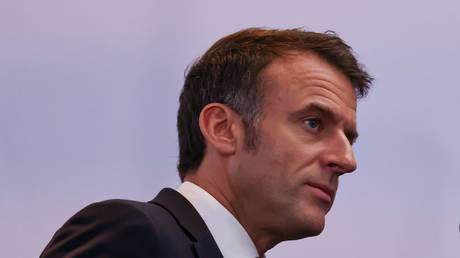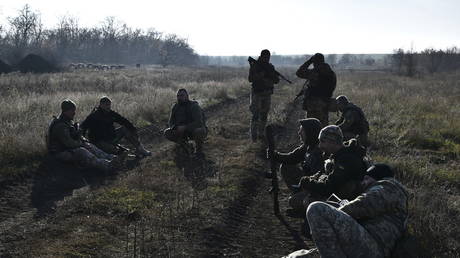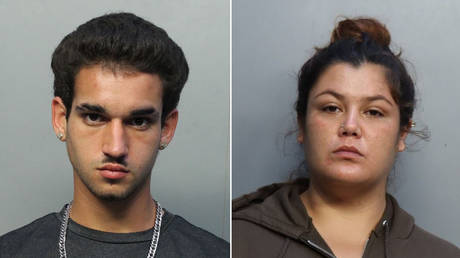ARTICLE AD BOX
South Africa is celebrating 30 years of freedom this year in a context of inequality and tense elections.
Thirty years ago, millions of South Africans went to the polls to vote in the country's first democratic elections , after years of white minority rule deprived the country's black community of this basic right .
" I didn't sleep all night. I was excited because we were going to vote. I knew that Mandela was going to take power after the votes and that we were going to get our freedom ," says Lily Makhanya, a resident of Soweto.
For many who experienced apartheid , the suffering of these years leaves scars in the collective memory. Lily Makhanya remembers this painful time perfectly.
" I can't forget how much we suffered at the hands of white people. In the city at night there were white bikers who would brutally attack a black person if they saw them walking on a sidewalk. These white boys were cruel ,” she says.
It was at Thabisang Primary School in Soweto that many black South Africans voted for the first time, on April 27, 1994. This symbolic date represents a turning point between a brutal past and a prosperous future.
"Even in the school where I voted, there have been a lot of changes. So I'm happy, even though my heart hurts with everything that's been happening lately. But I'm so happy and excited. It makes me "Go back, just thinking about 1994, the homes of black people were full of enthusiasm ," says Nonki Kunene, 72 years old.
South Africans will go to the polls on May 29 for general elections to choose a new parliament , which will then elect a new president. This vote will be the country's seventh fully democratic election .
.png)
 7 months ago
4
7 months ago
4









 English (US)
English (US)